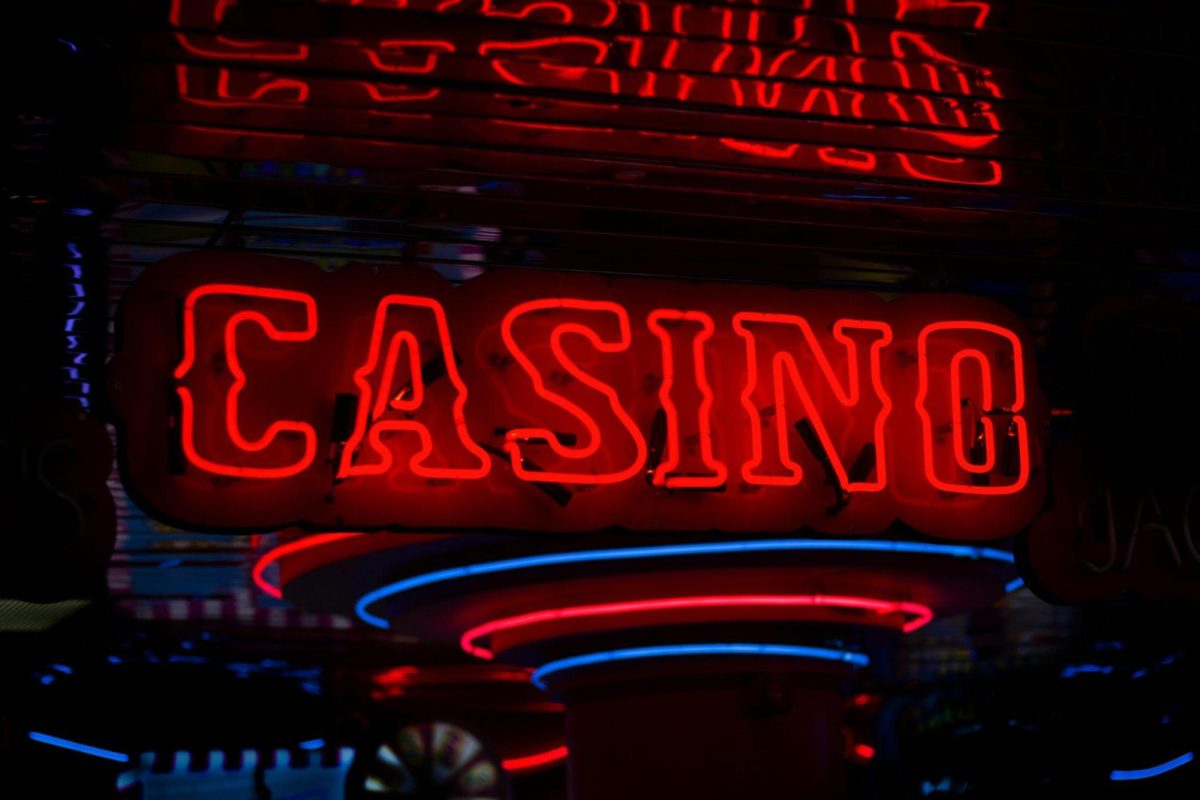
Photo by Ben Lambert on Unsplash
The Kansas casino industry reported a year-on-year and month-on-month revenue increase in August, generating a total of $37.3 million. This comes despite the state not offering licensed online casino betting and only four retail casino venues.
While there are no bills in place proposing legislative change to allow online casino betting, the success of licensed online operations in the seven US states where it is legal, alongside Kansas’ growing retail casino sector, could help to make the case.
Kansans looking to play online casino games must explore offshore options. State regulations prohibit the operation of online casinos, freeing up consumers to explore casinos licensed in other countries. This has seen a rise in the popularity of cryptocurrency use, with Ethereum online casinos offering fast and secure transactions with lower fees and no exchange rates.
While the popularity of offshore betting sites draws revenue out of the state, it could be another factor that expedites new legislation. With Kansan consumers already playing at online casinos, the state is missing out on valuable revenue streams and the potential to have greater control over operators by failing to offer online casino betting.
The $37.3 million generated by retail casinos in August was a 3.9% rise on the $35.9 million generated in the same month last year, and it also represented a sequential revenue increase of 3.04%. The biggest contribution came from the Hollywood Casino and Resort, which generated $15.1 million. Slot machines were by far their biggest money spinner, generating $13.4 million, with the total revenue showing 4.2% year-on-year growth.
The Kansas Star Casino and Resort enjoyed a 3.7% year-on-year increase in revenue, bringing in $14.6 million. While the Kansas Crossing Casino and Resort recorded an 8.3% year-on-year increase, the biggest percentage gain, as its revenue reached $3.5 million.
The only retail casino to show a decline in revenue was the Boot Hill Casino and Resort, which reported a drop of 0.3% to $4.1 million.
The commercial gaming tax in Kansas is a minimum of 27% that is applied to gaming revenue; 22% of this goes to the state. The 22% that the state takes sees 2% go towards a problem gambling fund, with other allocations going towards property tax relief, state debt reduction, and improving the state’s infrastructure. In some cases, the county where gambling facilities are located will also benefit from an allocation.
The state also benefits from a successful retail and online sports betting market, with its entire gambling industry supporting approximately 14,000 jobs. Retail casinos are limited to one per designated gaming zone in the northeast, southwest, south central, and southeast. While retail casinos are operated by the state lottery, regulations allow outside parties to manage facilities.
Responsible gaming regulations state that retail gambling facilities must offer a voluntary self-exclusion policy, are prohibited from offering complimentary drinks, and must adhere to strict advertising guidelines. Tribal gaming compacts don’t require tribal casino operations to contribute to the problem gambling fund or offer self-exclusion programs.
Other regulations that Kansas casinos must abide by include testing requirements that require all gaming machines to be approved by the KRGC. Operators are forbidden from offering credit, but cashless gaming is allowed. Cryptocurrencies are not currently permitted at Kansas casino venues, but the rising popularity of decentralized digital currencies could see this change in the future.
The popularity of casino gambling in Kansas, whether that is with retail or tribal casinos, is not in doubt. Whether a proposal is put forward soon that would challenge current online casino betting regulations remains to be seen.